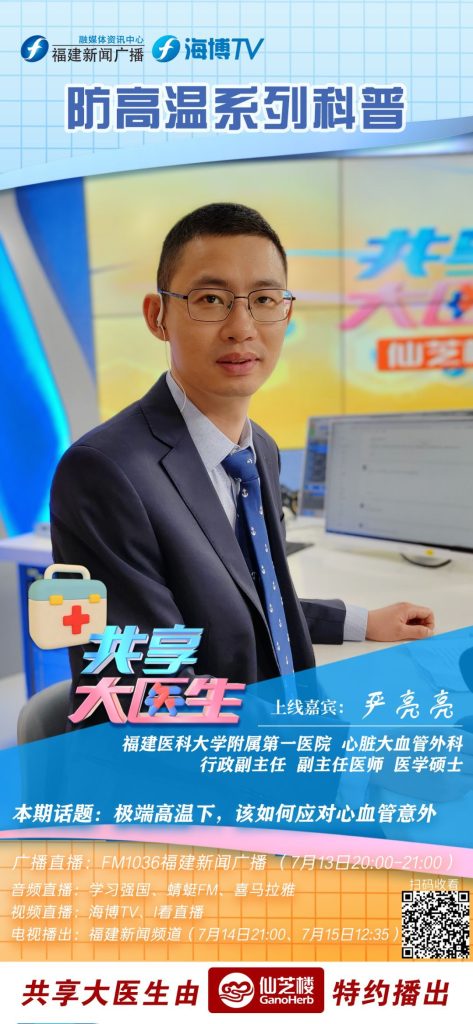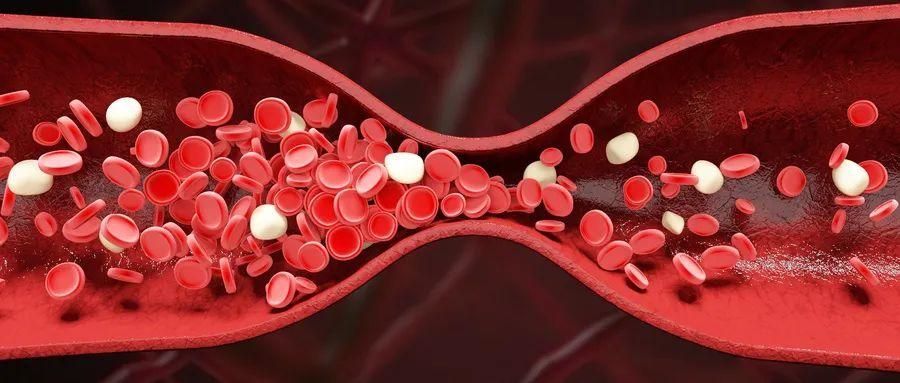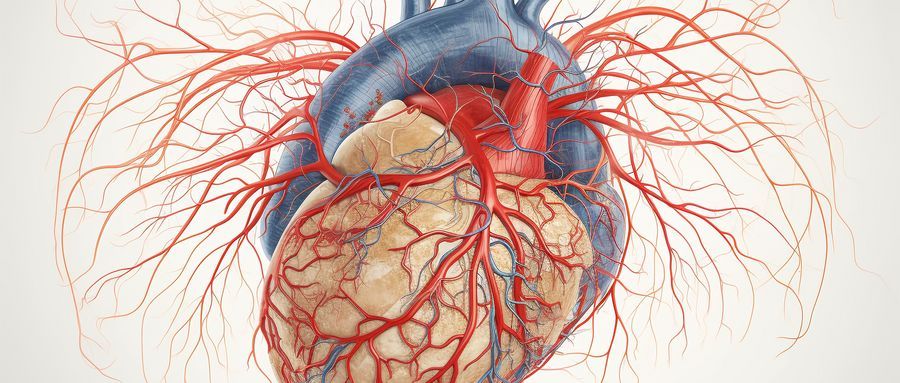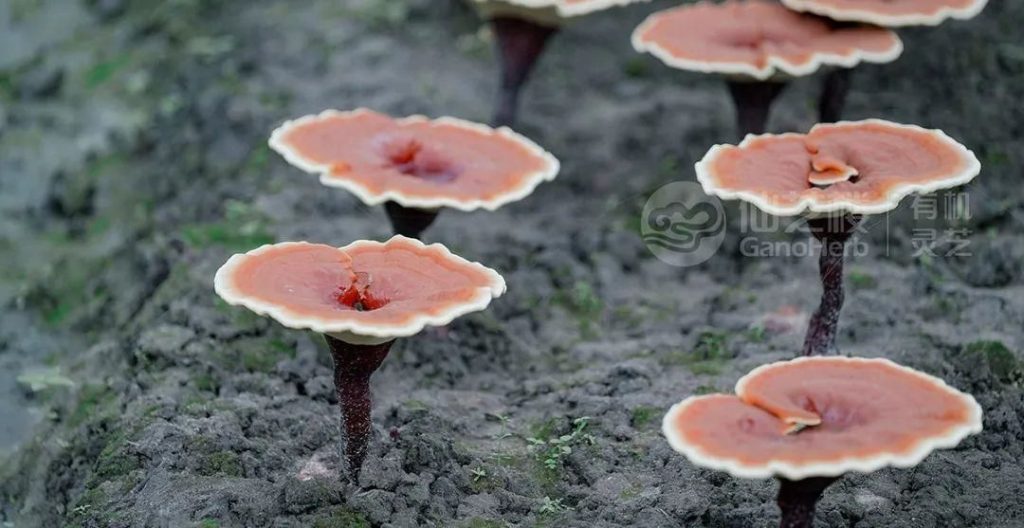Recently, temperatures in various places have exceeded 35°C. This poses a significant challenge to the fragile cardiovascular system. In a high temperature and high humidity environment, due to the dilation of blood vessels and the thickening of blood, people may experience chest tightness, shortness of breath, and difficulty breathing.
On the evening of July 13th, the program “Shared Doctors” invited Yan Liangliang, a cardiovascular surgeon from the First Affiliated Hospital of Fujian Medical University, to bring us a science lecture on how to deal with cardiovascular accidents under high temperatures.


High temperature makes cardiovascular diseases soar.
In the scorching summer, we must not only pay attention to heatstroke prevention and cooling but also pay more attention to cardiovascular health in environments with sudden changes in temperature.

Dr. Yan introduced that the most common cardiovascular disease in summer is coronary heart disease, which can cause chest tightness, chest pain and even myocardial infarction. Clinical data shows that June, July, and August each year are a small peak in the incidence and mortality of cardiovascular diseases.
The main reason for the increased incidence of cardiovascular disease in summer is “high temperature”.
1.In hot weather, the body expands its surface blood vessels to dissipate heat, causing blood to flow to the surface of the body and reducing blood flow to important organs such as the brain and heart.
2.High temperatures can cause the body to sweat excessively, leading to the loss of salt through perspiration. If fluids are not replenished in time, this can result in a decrease in blood volume, an increase in blood viscosity, and an increased risk of blood clots.
3.High temperatures can cause an increase in metabolism, leading to an increase in oxygen consumption by the heart muscle and an increased burden on the heart.
In addition, frequently entering and exiting air-conditioned rooms and experiencing sudden changes in temperature can cause blood vessels to constrict and blood pressure to rise, which can also be a challenge for the regulation of the central nervous system.

People who sit in the office for a long time should also beware of cardiovascular diseases.
The high-risk population for cardiovascular diseases mainly includes the following categories:
1.Individuals with a previous history of cardiovascular diseases.
2.Elderly individuals.
3.Long-term outdoor workers.
4.Individuals with prolonged sedentary office work: slow blood flow, lack of exercise, and weak resistance to stress.
5.Individuals who do not have a habit of drinking enough water.

How should individuals with cardiovascular diseases manage their water intake? Should they drink more water or less?
Dr. Yan introduced that for people with normal heart function, it is recommended to drink 1500-2000ml of water per day. However, for people with heart failure, it is important to strictly control their fluid intake and follow their doctor’s instructions.

In the summer, how can we take care of our hearts?
Changes in temperature and diet during the summer can easily trigger heart-related diseases. Therefore, it is important to pay special attention to heart health during the summer.

Here are some tips for taking care of your heart during the summer:
1.Engage in appropriate exercise, but don’t overdo it.
2.Take measures to prevent heatstroke and stay cool.
3.Drink enough water to ensure smooth blood flow.
4.Eat a light and healthy diet.
5.Get plenty of rest.
6.Maintain stable emotions.
7.For the elderly, it is important to maintain regular bowel movements.
8.Stick to your treatment plan: Patients with “three highs” (high blood pressure, high blood sugar, and high cholesterol) should follow their doctor’s instructions and not stop taking their medication without consulting their doctor.

Taking Reishi is a skillful way to nourish blood vessels.
In addition to the improvement of daily habits, you can also choose to eat Ganoderma lucidum to protect your cardiovascular health in the summer.

The protective effects of Ganoderma lucidum on the cardiovascular system have been documented since ancient times. In Compendium of Materia Medica, it is written that Ganoderma lucidum treats chest congestion and benefits heart qi, meaning that Ganoderma lucidum enters the heart meridian and promotes the circulation of qi and blood.
Modern medical research has confirmed that Ganoderma luciudm can effectively lower blood pressure by inhibiting the sympathetic nervous system and protecting endothelial cells within blood vessels. Additionally, Ganoderma luciudm can alleviate myocardial hypertrophy caused by cardiac overload. — From page 86 of The Pharmacology and Clinical Applications of Ganoderma lucidum by Zhibin Lin.
1.Regulating blood lipids: Ganoderma lucidum can regulate blood lipids. The levels of cholesterol and triglycerides in the blood are mainly regulated by the liver. When the intake of cholesterol and triglycerides is high, the liver synthesizes less of these two components; conversely, the liver will synthesize more. Ganoderma lucidum triterpenes can regulate the amount of cholesterol and triglycerides synthesized by the liver, while polysaccharides can reduce the amount of cholesterol and triglycerides absorbed by the intestines. The two-pronged effect of the two is like buying a double guarantee for regulating blood lipids.
2. Regulating blood pressure: Why can Ganoderma lucidum lower blood pressure? On the one hand, Ganoderma lucidum polysaccharides can protect the endothelial cells of the blood vessel wall, allowing the blood vessels to relax at the right time. Another factor is related to the inhibition of the activity of ‘angiotensin converting enzyme’ by Reishi triterpenes. This enzyme, secreted by the kidneys, causes blood vessels to constrict, leading to an increase in blood pressure, and Ganoderma lucidum can regulate its activity.
3. Protecting the blood vessel wall: Ganoderma lucidum polysaccharides can also protect the endothelial cells of the blood vessel wall through their antioxidant and anti-inflammatory effects, preventing arteriosclerosis. Ganoderma lucidum adenosine and Ganoderma lucidum triterpenes can inhibit the formation of blood clots or dissolve already formed blood clots, reducing the risk of vascular blockage.
4.Protecting the myocardium: According to research published by Associate Professor Fan-E Mo of National Cheng Kung University, Taiwan, whether feeding normal mice with Ganoderma lucidum extract preparations containing polysaccharides and triterpenes, or injecting ganoderic acids (the main components of Ganoderma lucidum triterpenes) into high-risk mice with easily damaged myocardium, both can effectively prevent myocardial cell necrosis caused by β-adrenergic receptor agonists, preventing damage to the myocardium from affecting heart function.
— From P119 to P122 in Healing with Ganoderma by Tingyao Wu
Live Q&A
1.My husband is 33 years old and has a habit of exercising. Recently, he has been experiencing persistent chest tightness, but the hospital examination found no problems. What could be the reason?
Among the patients I have treated, 1/4 have this situation. They are in their early thirties and have unexplained chest tightness. I usually recommend comprehensive treatment, making adjustments in areas such as work pressure, regular rest, diet, and exercise.
2.After intense exercise, why does I feel a sticky pain in my heart?
This is normal. After intense exercise, the blood supply to the myocardium is relatively insufficient, causing a feeling of chest tightness. If the heart rate exceeds too much, it is not conducive to health, so attention should be paid to monitoring the heart rate during exercise.
3.In the summer, blood pressure decreases. Can I reduce my blood pressure medication on my own?
According to the principle of thermal expansion and contraction, in the summer, the body’s blood vessels expand, and blood pressure decreases accordingly. You can consult a doctor to appropriately reduce your blood pressure medication, but you should not reduce it on your own.



